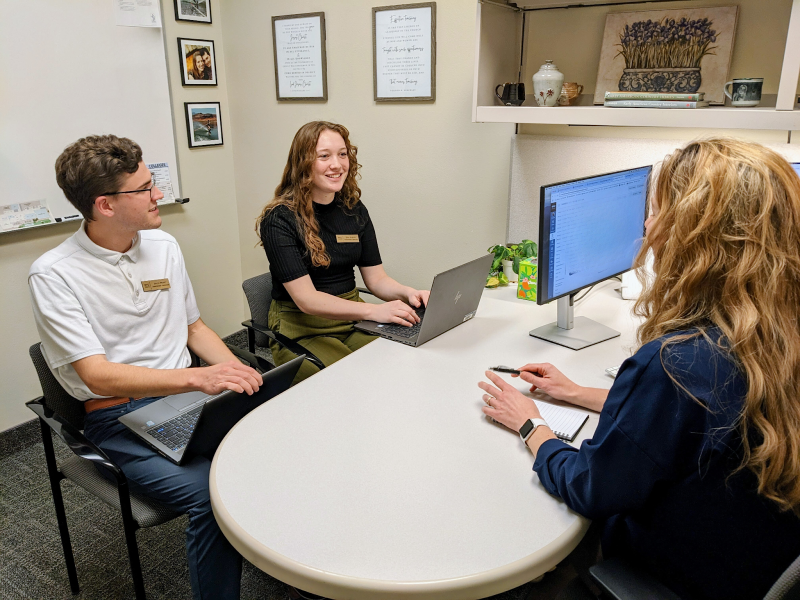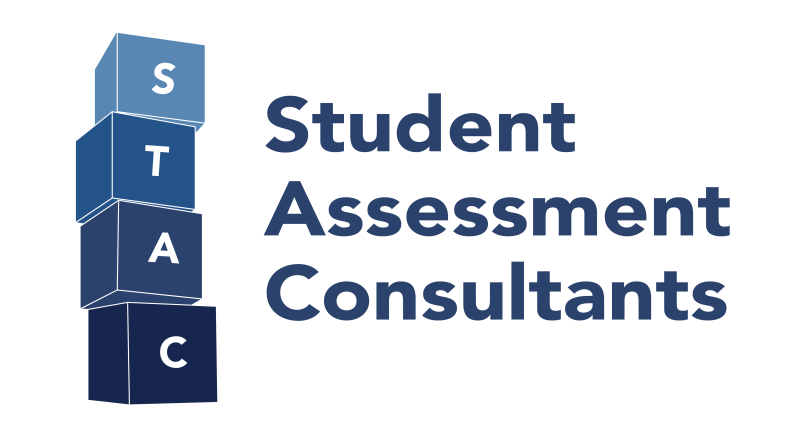Mission Statement

- Assessment Alignment
- Course Audit
- Rubric Review
- Syllabus Review
- Personalized Consultancy
Pillars Of Outcomes Achievement
Assessment Services offers personalized training to assist faculty members in meeting the requirements to achieve Program and Institutional Learning Outcomes. The alignment of three key pillars (as listed below) will greatly benefit the learning experience of students who attend BYU-Idaho.

Course Vision
This statement embodies what the faculty wants each student to know, do, and become in the distal future as a result of their course. They should hold ties to other sections, but ultimately need only a clear declaration from the professor answering the question: “By the end of the course students should be able to…”
Measurable and Observable Outcomes
Course Learning Outcomes are measurable knowledge or skills a student should achieve by the completion of a course. Having measurable and observable Learning Outcomes at the program and course level ensures that these skills will have the opportunity to be measured in a valid and reliable way for the students. Outcome statements at all levels of the university should contribute to and support the mission of the university.
Credible Evaluation Tools
Credible evaluation tools are essential instruments used to measure Learning Outcomes effectively. These tools are designed to provide accurate and meaningful assessments of learners’ knowledge and skills. They achieve this by ensuring validity, which means they measure what they are intended to measure, and reliability, which ensures consistent results over time. By incorporating these principles, credible evaluation tools offer dependable data on student performance and progress.
